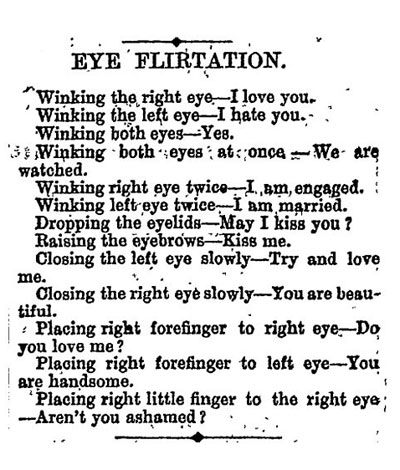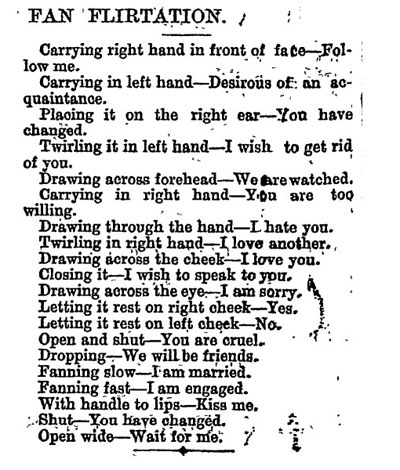FWP:
THE DEAD LOVER SPEAKS: This whole ghazal is
spoken by the lover, somehow, after his death. This is really no
more improbable than, for example, the lover speaking with equal
matter-of-factness as a bird (see {126,5}), or many of the
other stylized premises on which the ghazal world is based.
Other verses in which the lover speaks or thinks or has opinions
after his death: {4,11x}; {8,4x}; {9,3}, on one reading; {9,7};
{14,5}; {16,3}; {17,8}; {20,9}; {23,2x}; {32,2}; {46,6}, on one reading; {51,3}; {52,1}; {53,4}; {57}, mere baʿd ;
{62,9}; {67,1}; {72,3}; {76,6x}; {79,3x}, on one reading; {83,1}; {87,7}; {115,9}; {121,5}; {158,4}; {165,3}; {175,1}; {179,4}; {202,6}; {210,6}; {210,7}; {217,5} // {356x,11}; {356x,12}; {434x,6}
With a refrain like mere baʿd , 'after me', this ghazal is bound to have a certain degree of semantic unity. Mihr wants to classify it as a continuous ghazal, but perhaps that's a bit too strong. For if the verses were rearranged, or some added or subtracted, we wouldn't be able to detect the fact (except in the case of the opening-verse and closing-verse, of course, for formal reasons). Thus it's clear that the ghazal has no narrativity or ongoing, sequential internal organization, which is usually part of the definition of a continuous ghazal.
In a ghazal with a melancholy refrain we might expect a generally melancholy tone as well, but Ghalib is never melancholy for long. Here he wittily represents the flirtatious exchange of glances as a tug-of-war, a kashākash -- a word with a wonderfully elaborate series of meanings, all of them delightfully appropriate here (see the definition above). The lovely ones, personified as 'Beauty', no longer need to undergo this tension and stress now that the lover is gone; they can be at peace. Even the leisurely assonance of bāre ārām se seems to suggest the repose that Beauty will now enjoy.
The lover speaks from beyond the grave, solicitously reflecting on the greater relaxation the beloveds will enjoy in his absence. The grandiose implication, of course, is that there are no worthwhile lovers left on the face of the earth, now that he is gone. Every verse in this ghazal is similarly grandiose, in the same style. Not a single one takes the equally hyperbolic tack of imagining extreme neglect, as in {7,7}.
Of course, we know the beloved will no more be
happy without a lover than a tiger would be content to forego
the 'tension' of hunting down its prey. And surely the lover knows it
too. So there's a little flavor of sarcasm and self-mockery--
and mockery of the beloved, to add spice to the
verse.


Nazm:
== Nazm page 51